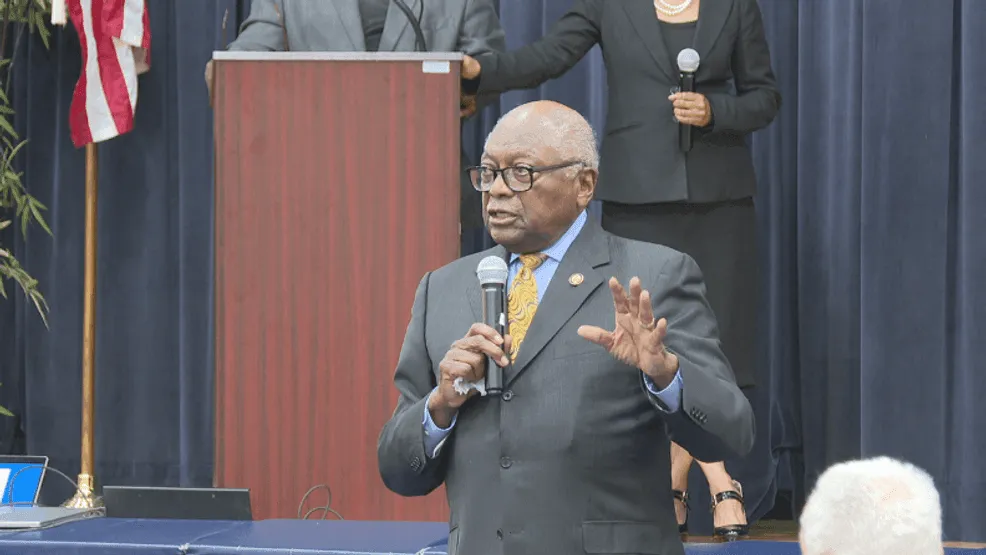CHARLESTON COUNTY, S.C. (WCIV) -- Just over a month into hurricane season, the National Oceanic and Atmospheric Administration continues to face cuts.
The Lowcountry is no stranger to hurricanes and tropical storms, but state leaders are now sounding the alarm on the impacts these reductions will have on preparedness and response.
President Donald Trump has proposed a $2.2 billion cut to NOAA in his 2026 budget, raising some eyebrows in Congress and coastal South Carolina.
"For us to see budget considerations leaving out the response that we need from FEMA and from the forecasters is just beyond comprehension," said Rep. Jim Clyburn, a Democrat from South Carolina's 6th Congressional District.
Most recently, another $150 million was slashed under Trump's sweeping budget bill that would've supported research, forecasting tools and dissemination of information to the public.
An additional $50 million in funding for grants to study the climate's impact on oceans, weather systems and coastal ecosystems was also cut.
Many National Weather Service offices now face 20-40% vacancy rates.
"I'm worried about when we have an event, that the weather forecasting offices are not going to have enough people to talk to emergency managers and to help them make decisions about what's happening at the local level," said James Franklin, the former branch chief for the National Hurricane Center's hurricane specialist unit.
The working relationship with NWS Charleston is something Justin Pierce, director of emergency management for Charleston County, calls crucial.
"We have communication channels that we open up. They will push us their immediate forecast, and then we'll start to assess potential impacts to the community based upon their models," Pierce explained the collaboration.
But the Trump administration is proposing the closure of many federally funded meteorology labs. Something experts say could decrease forecast accuracy by 20-40% and cost billions each hurricane season.
"But even more disturbing would be the probability of increased loss of life if hurricane forecast accuracy decreases," said Robert Atlas, director emeritus of NOAA's Atlantic Oceanographic and Meteorological Laboratory.
While direct impacts to the NWS Charleston office remain unknown, local emergency leaders are keeping their eye on the ball this hurricane season.
"I know they have some staffing issues,but they are working around the clock and filling those gaps and really prioritizing emergency management as one of their number one customers," Pierce said.
NOAA officials could not confirm to News 4 if the NWS Charleston office was experiencing any vacancies, but did send the following statement:
NOAA leadership is taking steps to address those who took a voluntary early retirement option. NWS continues to conduct short-term Temporary Duty assignments (TDYs), and is in the process of conducting a series of Reassignment Opportunity Notices (RONs) to fill roles at NWS field locations with the greatest operational need. Additionally, a targeted number of permanent, mission-critical field positions will soon be advertised under an exception to the Department-wide hiring freeze to further stabilize frontline operations.
